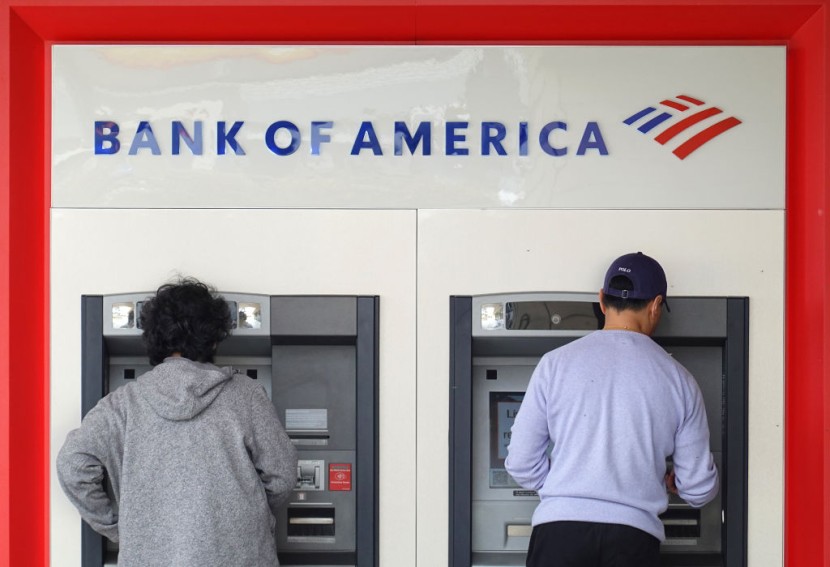Overdraft fees are penalties charged to customers whenever their account balance goes negative and provide a business opportunity for big banks and credit unions.
However, many people are either unaware or ill-informed about these fees when they open an account. This has led some to be surprised about the charges, with one example being Curtis Fitzgerald, who has been a San Diego County Credit Union customer for years.
Overdraft Fees

It started when his son, Antonio, also started banking there but always seemed to run out of money despite working very hard. Curtis said his son is 20 years old and not a financial wizard. He approached his father once and asked him about a $32 fee on his account.
Curtis later found that it was an overdraft penalty and when he looked at his son's account statement, he found several others that had been paid before. Many people usually associate overdraft fees with large commercial banks, as per the Marketplace.
This is an understandable misconception as last year, big banks brought in nearly $8 billion in overdraft revenue. However, they are not the only ones that profit from these charges; credit unions do, too.
Last year, a law in California highlighted how much these not-for-profit financial institutions collect from customers whose checking accounts go negative. Records showed that the state's credit unions generated more than $250 million in overdraft revenue last year.
Bill Birnie, CEO of Frontwave Credit Union in Oceanside, California, emphasized, "We refer to it as a service, not a fee - it's not a junk fee." He further explained that a considerable number of their customers depend on overdrafts towards the end of the month, viewing it as a financial "bridge" until their next payday.
Despite this perspective, Frontwave accumulated, according to Marketplace, almost $8 million in overdraft fees last year. According to the credit union's financial records, the absence of this revenue could have resulted in a financial loss for the institution in 2022.
After finding out about Antonio's overdraft fees, Curtis worked with his son on money management and discussed how to avoid such charges. The credit union's overdraft policy is accessible online and Antonio can check his account balance anytime. However, his father still felt that the penalties were slightly excessive.
Last week, the Consumer Financial Protection Bureau (CFPB) issued a new report showing that many customers are still hit with unexpected overdrafts and non-sufficient fund (NSF) fees. According to Consumer Finance, this comes despite recent changes implemented by banks and credit unions.
Business Opportunity
A recent CFPB Making Ends Meet survey had more than a quarter of consumers responding that someone from their household was charged an overdraft fee or NSF fee within the past year. It also found that only 22% of households expected their most recent overdraft penalty.
The report discovered that households frequently incur overdraft and NSF fees are more likely to struggle to meet their financial obligations. Among those that frequently incurred such charges, 81% reported difficulty paying a bill at least once in the past year, which drops to 25% for households not charged a fee.
Earlier this month, the Senate Committee on Baking, Housing, and Urban Affairs conducted its annual oversight of Wall Street Firms. This came amid concerns of hidden fees, overdraft charges, and other so-called "junk fees."
An example of how big of a business opportunity overdraft fees are, JPMorgan, a financial services company, was found to have raked in more than $3.4 billion from junk fees as of September 2023. Forbes said this added to the massive $5.2 billion that the company gained from similar fees last year.
Related Article: Wells Fargo Becomes First Major US Bank With Unionized Branch
© 2026 HNGN, All rights reserved. Do not reproduce without permission.








